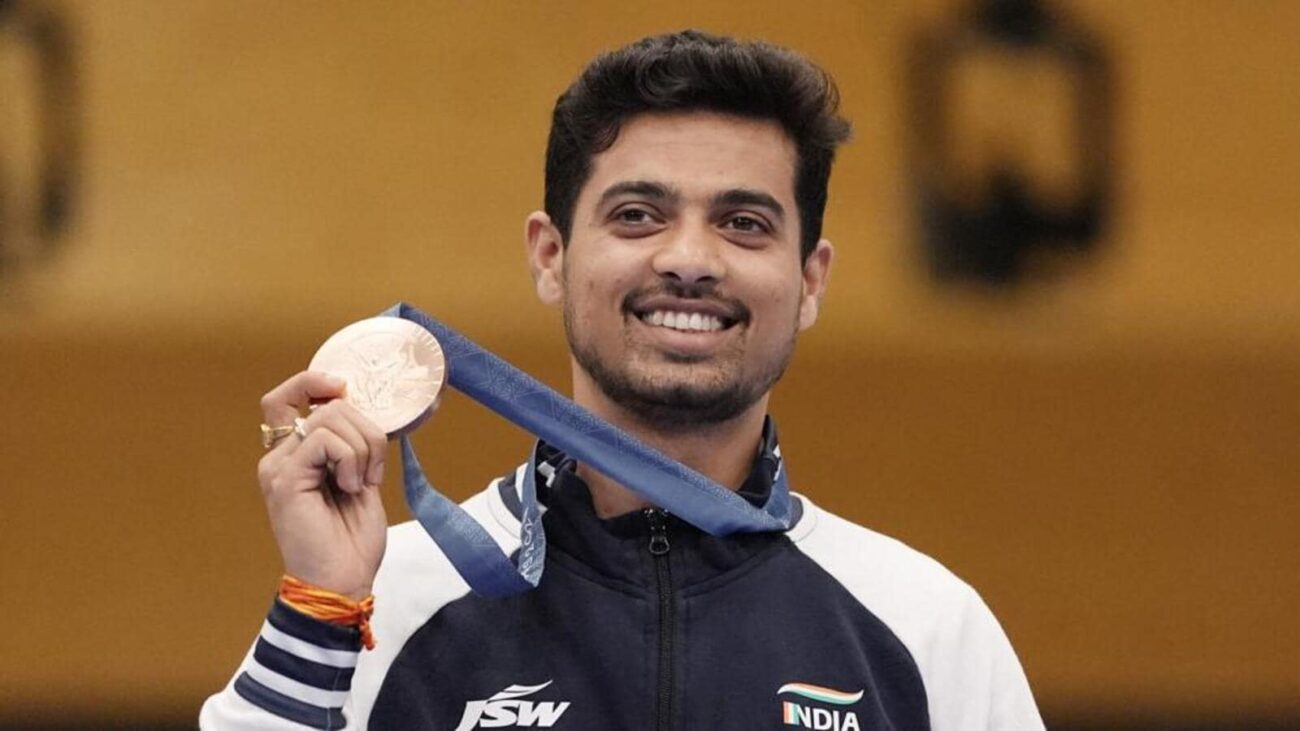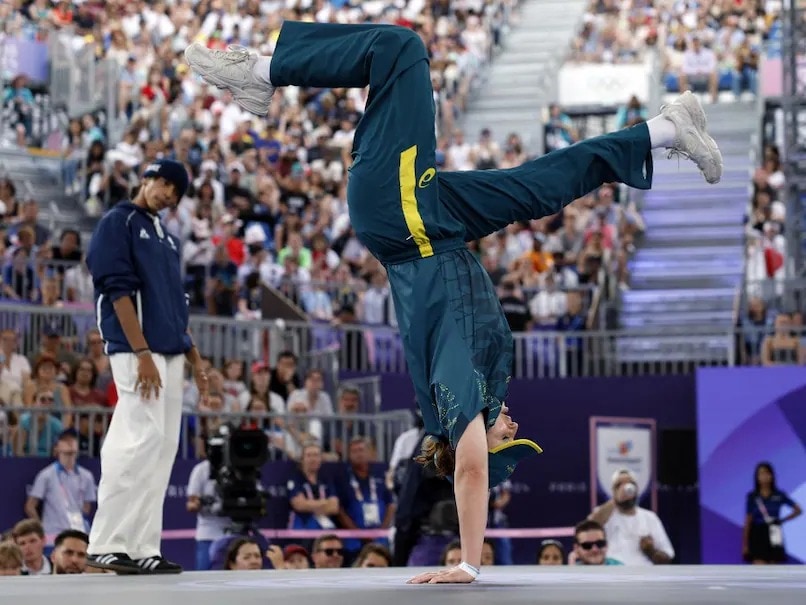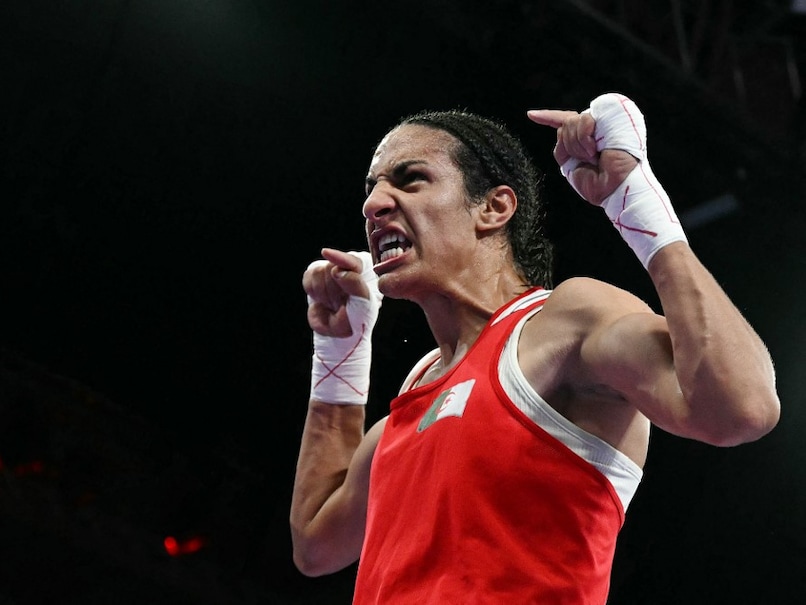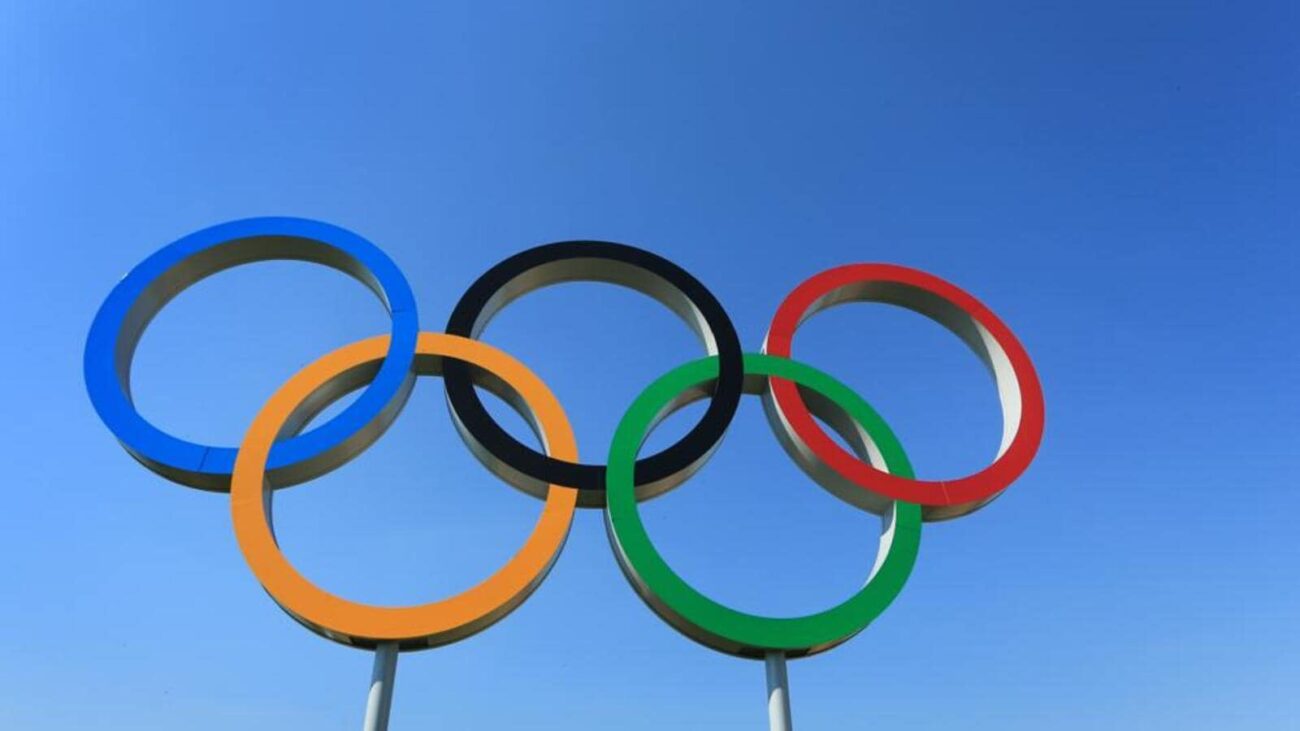Deepali Deshpande, the former high performance manager for rifle shooting at the Tokyo Olympics, faced a mental health crisis in the aftermath of the team’s disappointing performance. She experienced disorientation while driving, prompting her to seek professional help.
Deshpande realized that the pressure and focus on the Olympics had taken a toll on her well-being. She began practicing yoga and physical training to cope with the stress. She also spent time with her family to regain her balance.
Despite her efforts, the wounds from Tokyo lingered. However, her trainee Swapnil Kusale’s bronze medal at the Paris Olympics brought her solace. Another trainee, Arjun Babuta, narrowly missed a medal.
Reflecting on the Tokyo debacle, Deshpande acknowledged the impact it had on the shooters. She questioned whether the COVID-19 pandemic or the extended pre-training camp in Croatia had contributed to their poor performance.
After leaving her role as national coach, Deshpande shifted her focus to six of her trainees, providing them with individualized attention. She drew lessons from Tokyo and incorporated mental training and nutrition into their preparation.
Deshpande also enhanced her coaching skills through the NIS coaching course. She focused on technical details and ensured that her shooters were well-prepared for any challenges at the Olympics.
Despite the ghosts of Tokyo, Deshpande remained determined to support her trainees. She was relieved when all six qualified for the Paris Olympics and found comfort in the pictures she had taken with the team before Tokyo.
Deshpande’s journey highlights the importance of mental health in sports and the resilience required to overcome setbacks. Her dedication and unwavering support for her trainees ultimately led to their success at the Paris Olympics.






